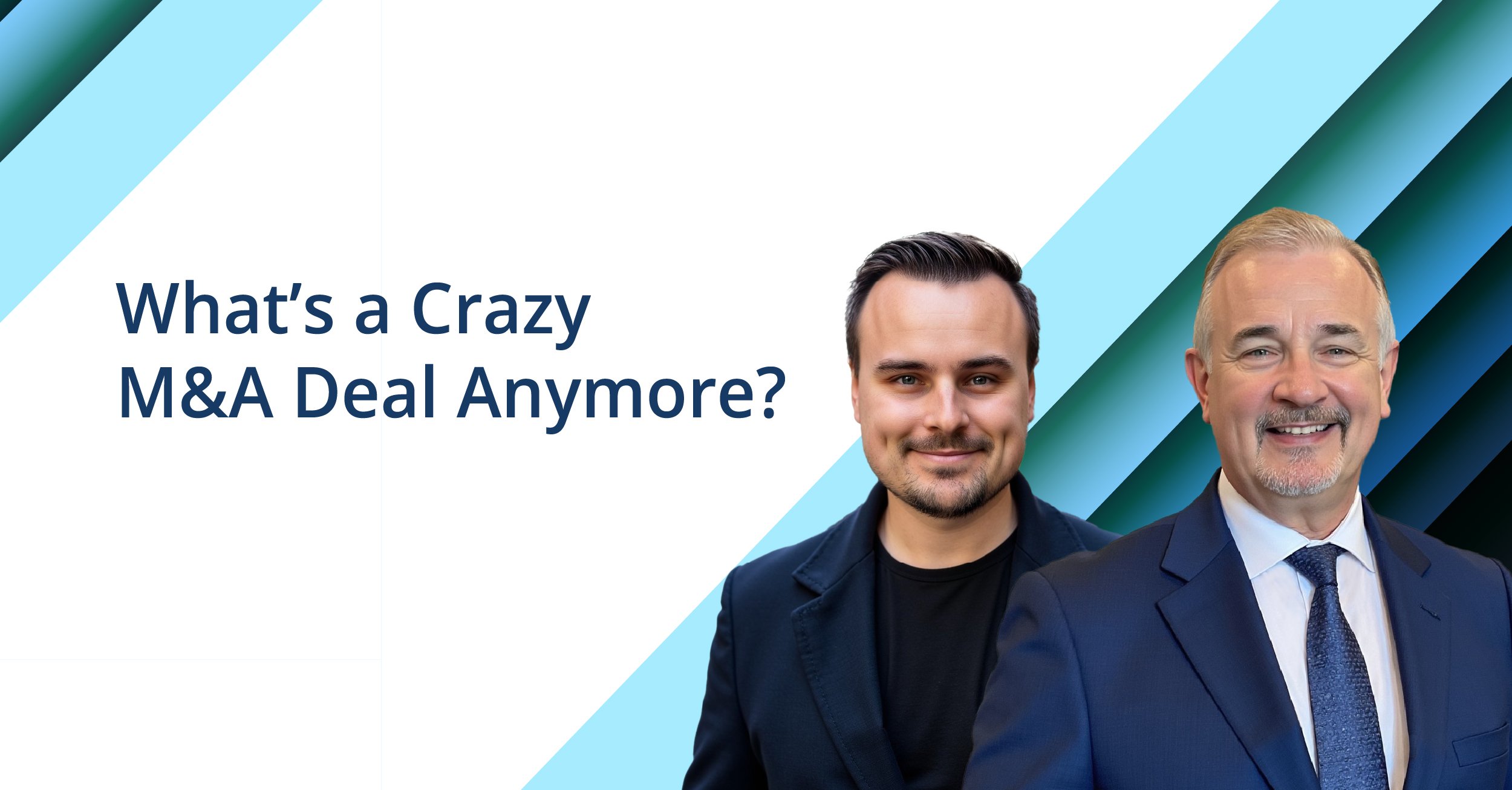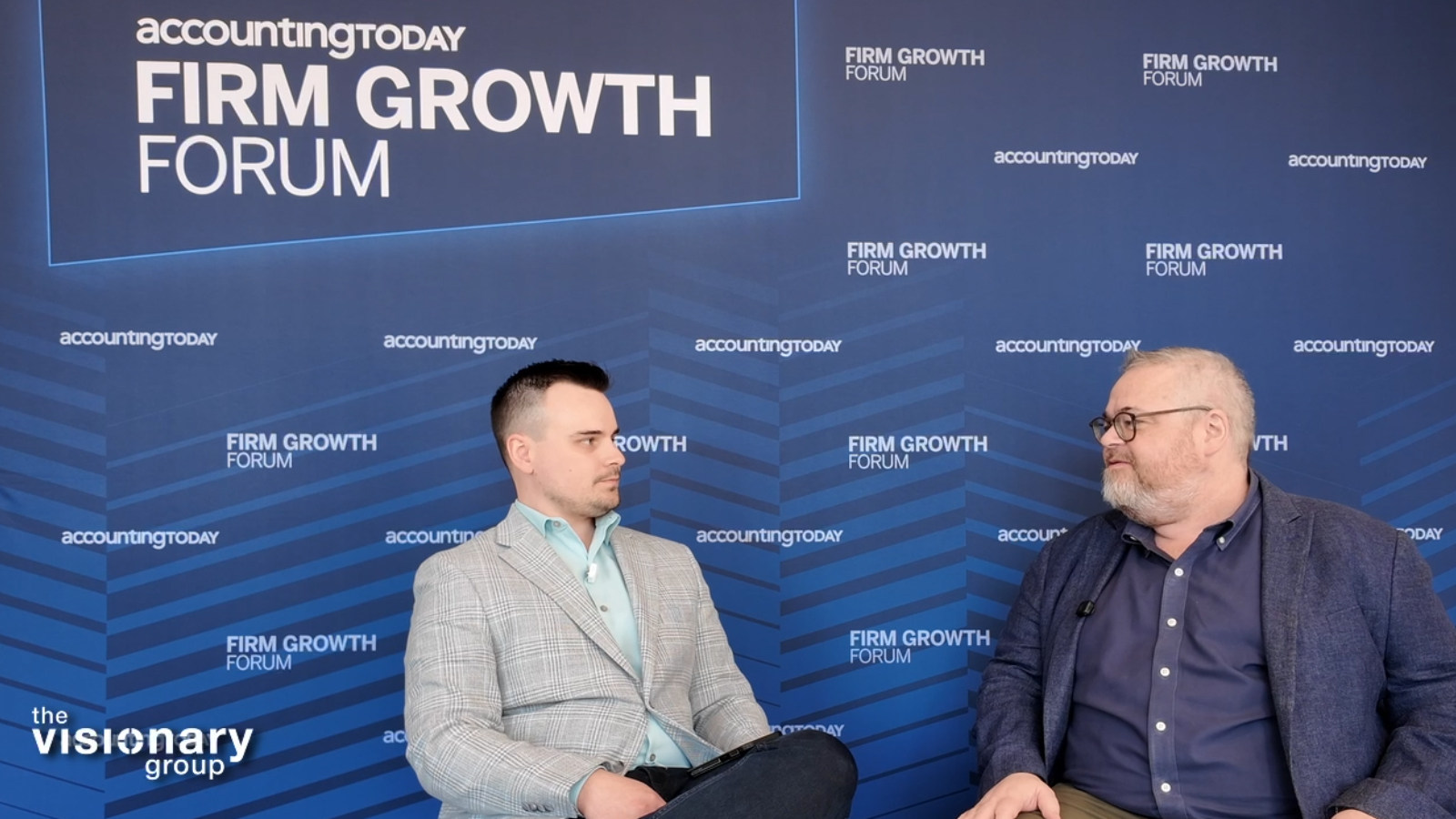Using a Merger or Acquisition to Develop a CPA Firm’s Advisory Capabilities
by Bob Lewis | Oct 19, 2017 | News

Using a Merger or Acquisition to Develop a CPA Firm’s Advisory Capabilities
One common weakness inside CPA firms is their inability to consistently sell and deliver consulting. They have the attention and trust of their clients, but fail to suggest other services because the infrastructure inside the firm is not set up to deliver consulting.
There are five primary reasons why consulting is not a “hot deliverable” inside CPA firms.
- Compliance Deadlines. This is an excuse. A good one, but still an excuse. Firms have deadlines, but leadership often needs more production from staff and increased realization. Consulting is a way to spike those numbers.
- Skillsets. Often, only a few of the busiest professionals can deliver consulting. Accountants have historically been trained to follow rules; i.e. audit procedures, tax laws, and accounting regulations. This is good because otherwise financial results would be a mess. The flip-side is accountants receive minimal training on how to identify and conduct a consulting engagement.
- Fee Concerns. Firms are concerned additional services may make their fees appear too expensive. This is where the point is missed. The value-add to the client is the advisory support. Clients will value one suggestion that helps their operations over a decade of audits or other compliance work.
- Compensation Plans. Bonuses may be tied into billed production hours, which can redirect a professional interest to sell advisory work. The double-edged sword is the advisory work is highly valued by the client, can be value billed, and attracts lucrative clients. Advisory services contribute more profit to the bottom-line and can be delivered in slower periods. Time, combined with comfort levels delivering consulting, is an issue in firms.
- “It Must Be 100% Right” Thinking. This is a technical professional’s disease. Compliance work has structure. Consulting is a white sheet of paper. It is okay to draw off the paper onto the table breaking all the rules and the outcome of a consulting engagement may be your best guess. This is hard for a left-side thinker, who is logical and scientific versus a right-side person who is more creative. Accountants are generally more left-side. They are continuously trained on new rules and regulations re-enforcing more logic based thinking.
Here’s what happens when a firm does not provide consulting.
It becomes a commodity 100% dependent on the relationship the provider has with the client or is volume driven. In terms of building the value of your firm, you do not want to be a volume based CPA firm. This drives value materially down and can make a firm difficult to sell.
Want to attract staff?
Start consulting. Younger accountants see “old and stagnant” when they see a firm that only delivers audit, tax, and accounting. “Old and stagnant” may have made a lot of money, but today’s employees view the world differently. They want enrichment as well as money, and you may need succession leadership.
A CPA’s client base is rich with consulting opportunities.
Growing or mature businesses need more advisory support. The compliance is always a requirement, but that does not excite a prospect. A cure is to find a CPA firm who has a larger percentage of their revenue coming from consulting or take the plunge and merge in a non-CPA firm business.
To talk further, please contact Bob Lewis.
Bob is the President of The Visionary Group & CPA Growth and can be reached at 800.995.9186 or blewis@ThinkVisionary.com. Visionary provides growth services and customized merger and acquisition searches for the CPA profession.




